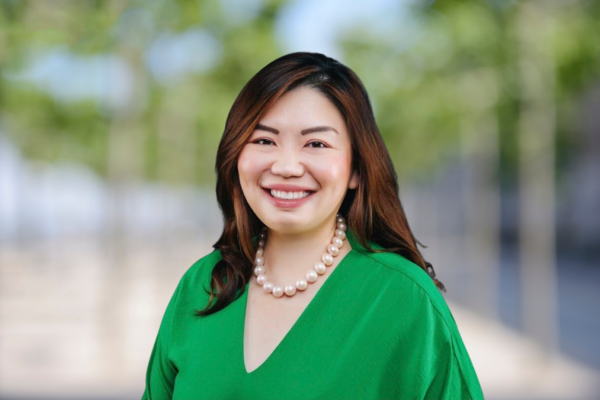Sharon Yam on Dispute Resolution, Succession Planning, and the Human Dynamics of Wealth Transfer

As families across Asia accumulate wealth at an unprecedented pace, many are beginning to face a more nuanced and emotionally charged challenge: how to transfer that wealth across generations without triggering division. Speaking at the Hubbis Thailand Wealth Management Forum 2025, Sharon Yam, Managing Director and Regional Head of Asia at Equiom Group, offered a candid assessment of the real risks faced by ultra-wealthy families. While taxation and structuring are often treated as headline issues, Sharon pointed out that these are typically solvable with the right legal and fiduciary support. It is the interpersonal dimension, she explained, that is most likely to create lasting damage.
Structuring for Peace, Not Just for Tax
Sharon drew on her recent experience as a trustee involved in a dispute between three branches of a prominent South-east Asian family. The situation involved close to 20 beneficiaries who, at the time, were not even speaking to one another. The resolution, while technically complex, was ultimately rooted in the simple principle of clarity.
To avoid prolonged legal entanglements, the family was advised to create separate structures with clear objectives. One structure was established purely to facilitate the sale of family assets. Once the transaction was complete, the proceeds were then transferred into a trust with a separate mandate for long-term succession planning. This enabled the family to isolate sensitive financial decisions from broader legacy discussions, reducing tension while preserving the family’s wealth.
In parallel, the family opted for a combination of onshore and offshore family holding companies. This dual structure allowed them to segregate control and distribution functions. Some family members would remain engaged in business operations, while others—who lacked either the interest or capacity to contribute—would receive dividends through a systematic, transparent framework.
Managing Complexity with Structure and Sensitivity
One of the most important trends Sharon noted was the shift toward professionally managed family enterprises. Increasingly, families recognise that the next generation may not have the aptitude or desire to continue the legacy business. Rather than force succession, they are appointing professional managers while holding ownership within carefully constructed entities. These holding companies often sit within a trust or family office framework that facilitates stable, regular distributions to beneficiaries.
In Sharon’s view, this approach respects both family continuity and operational excellence. It allows the founders to preserve their legacy without compromising the integrity or future of the business. It also reflects a growing understanding among Asian families that a well-structured enterprise is not weakened by external leadership, but strengthened by it.
Addressing the Human Factor Head-On
Despite these robust technical solutions, Sharon made it clear that no structure is immune to conflict if families do not invest in communication. She described a recurring pattern in which parents and children hold fundamentally different assumptions about wealth, responsibility, and involvement—yet rarely take the time to align those views. This disconnect, she said, leads to mismanaged expectations, especially around distributions and succession roles. Sharon emphasised that many of the wealth founders she advises are not fearful of taxes or regulation. Their real anxiety stems from the fear that their legacy will cause rifts among their children.
Her advice is to pair robust structuring with a systematic programme of education. Beneficiaries should be introduced early to the principles of investment, philanthropy, and governance. Transparency around the intentions behind trusts and structures can also prevent misunderstandings. Until that education becomes embedded within the family culture, Sharon believes that many of these issues will simply be delayed rather than resolved.
A Practical Path to Harmonious Transition
For fiduciaries like Equiom, this means taking on a role that extends beyond administration. Sharon and her team are often called upon to mediate between generations, translate legal frameworks into understandable narratives, and offer practical solutions that balance emotion with logic.
Her reflections highlight a fundamental truth about wealth transfer. Tax efficiency and legal rigour are necessary but insufficient. Without deliberate and early attention to family dynamics, even the most carefully constructed plans can unravel.
At a time when succession planning is becoming more urgent for families across the region, Sharon’s insights offer a measured and pragmatic blueprint. Families must prepare not only for asset transfer, but also for the communication, education, and emotional transitions that must accompany it.
This article was first published on www.Hubbis.com.

Get in touch
If you have any questions, or would like to learn more about taking the next steps with Equiom, please select one of the options below.
Choose a location and contact the team Use our website form
